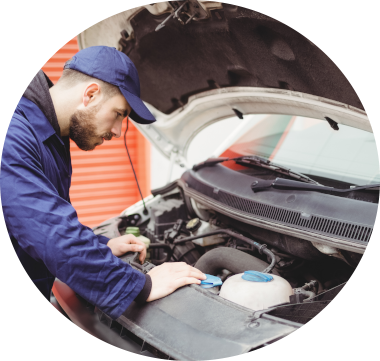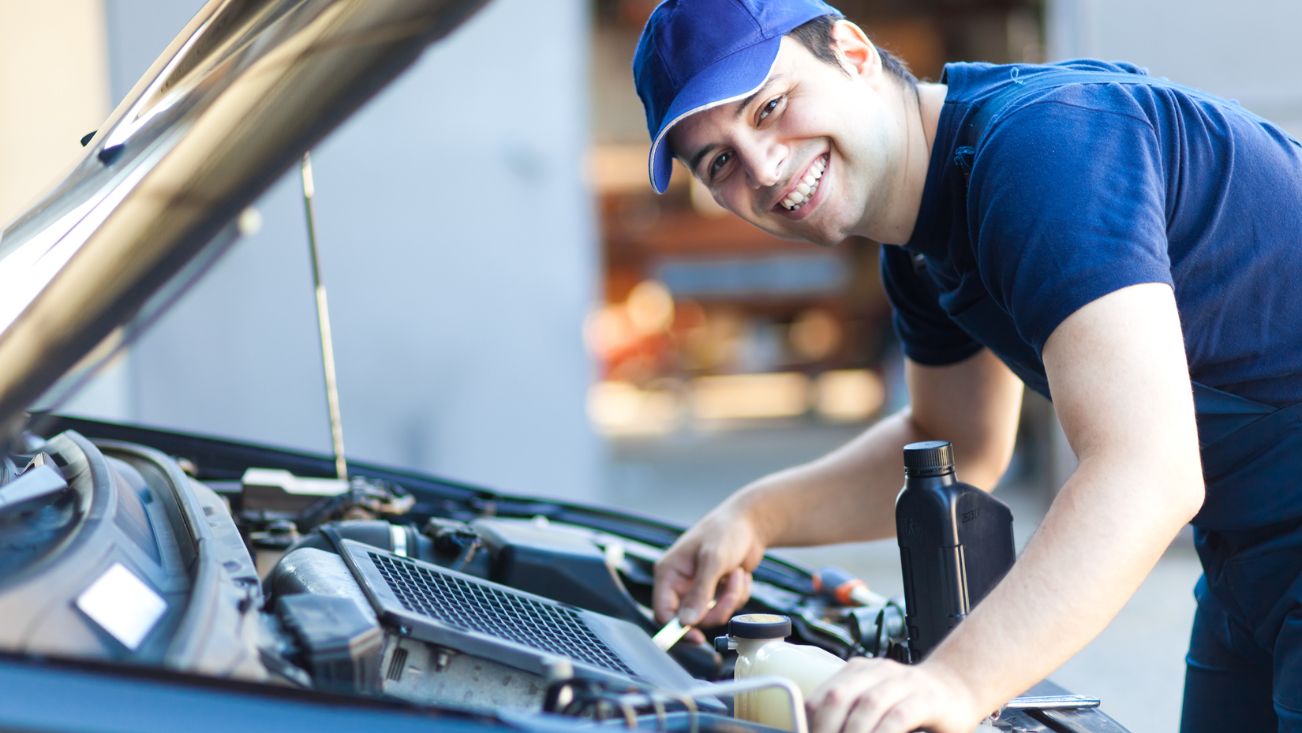All Categories
Featured
Your automobile's brakes are among one of the most essential components in guaranteeing your security and the security of others when driving. Normal brake assessments are vital to preserving optimal stopping efficiency and staying clear of costly fixings. Whether you're an experienced car owner or a brand-new chauffeur, comprehending brake evaluation standards can assist you stay aggressive regarding upkeep and ensure your automobile is constantly roadworthy.
- Why Brake Inspections Issue. Brakes undergo consistent damage. The more you drive, the extra friction your brake pads withstand, eventually resulting in minimized stopping efficiency. Without proper assessment, it's challenging to determine when your brakes could be in demand of repair service. Normal brake checks assist determine problems early on, stopping potential failures that can put you in danger.
A well-maintained brake system makes sure fast, responsive stopping power, particularly in emergency situations. It likewise assists expand the life of your vehicle, as overlooking brake upkeep can lead to more serious, expensive problems later on.
- Signs You Need a Brake Assessment. While it's vital to have your brakes inspected periodically, particular signs might show that they require attention. Maintain an eye (and ear) out for these warning signals:
Squealing or Grinding Sounds: Uncommon audios, especially a high-pitched squeal or grinding noise, often suggest that your brake pads are put on down. Resonance or Pulsation: If you feel vibrations or a pulsing feeling when pushing the brake pedal, it can be an indication of distorted blades or irregular brake pad wear. Decreased Brake Responsiveness: If your brakes feel less responsive or you need to push the pedal harder to decrease, it may indicate air in the brake lines or low brake fluid. Pulling to One Side: If your lorry pulls away when stopping, it might mean irregular brake pad wear or a brake liquid leak. Dashboard Warning Lights: Some cars and trucks have brake-related caution lights that indicate issues like low brake fluid or worn brake parts. If you discover any one of these symptoms, it's vital to have a professional mechanic carry out a brake inspection as quickly as feasible.

- What Occurs During a Brake Assessment? During a brake inspection, a technician will examine a number of key components of the stopping system to guarantee whatever is in functioning order. Below's what you can expect during the procedure:
Brake Pads and Shoes: The mechanic will inspect the density of the brake pads or shoes. If they're too thin, they'll require to be changed. Brake Rotors: Blades are the discs that the brake pads press against to reduce your vehicle down. They'll be looked for any kind of indicators of wear, scoring, or warping. Brake Liquid: Reduced or polluted brake liquid can impair stopping performance. The professional will certainly check the liquid degree and high quality and leading it up or flush it if necessary. Brake Lines and Hose pipes: Brake lines carry liquid from the master cylinder to the brakes. The technician will certainly check for any leakages, cracks, or damage to make certain appropriate fluid flow. Brake Calipers and Wheel Cyndrical Tubes: Calipers and wheel cylinders press the brake pads against the rotors or drums. The professional will certainly look for wear, leakages, and correct operation. 4. Just how Frequently Should You Have Your Brakes Examined? The frequency of brake evaluations depends upon aspects like your driving routines, the type of lorry you drive, and the setting in which you drive. As a general regulation, it's an excellent concept to have your brakes checked every 12,000 miles or yearly. Nevertheless, if you experience any one of the indication discussed previously, it is very important to get your brakes checked promptly.
For those that regularly drive in rush hour, hilly surface, or severe weather, more frequent inspections may be required.
- Value of Timely Brake Repair Works. When you find a problem with your brakes, it's vital to resolve it immediately. Delaying brake repair work can cause even more considerable damage to your braking system, resulting in greater repair service costs. In extreme instances, disregarding brake problems can bring about finish brake failure, which is a severe safety threat.
By staying on top of brake upkeep and addressing problems immediately, you make certain that your brakes continue to execute as planned, maintaining you and your guests secure when driving.
Final Thought: Keep Your Brakes in Leading Shape. Brake evaluations are a basic yet essential part of car maintenance. By comprehending the value of normal evaluations, understanding the indicators of brake issues, and staying positive with repair work, you can guarantee your car's braking system stays in optimal condition.
Latest Posts
Explore Limited-Time Auto Repair Deals in Chicago at Montclare Auto Repair
Recognizing When Your Car Needs Expert Auto Repair at Montclare Auto Repair
Specialist Industrial Roofing Solutions in North Platte, Nebraska
More
Latest Posts
Explore Limited-Time Auto Repair Deals in Chicago at Montclare Auto Repair
Recognizing When Your Car Needs Expert Auto Repair at Montclare Auto Repair
Specialist Industrial Roofing Solutions in North Platte, Nebraska
